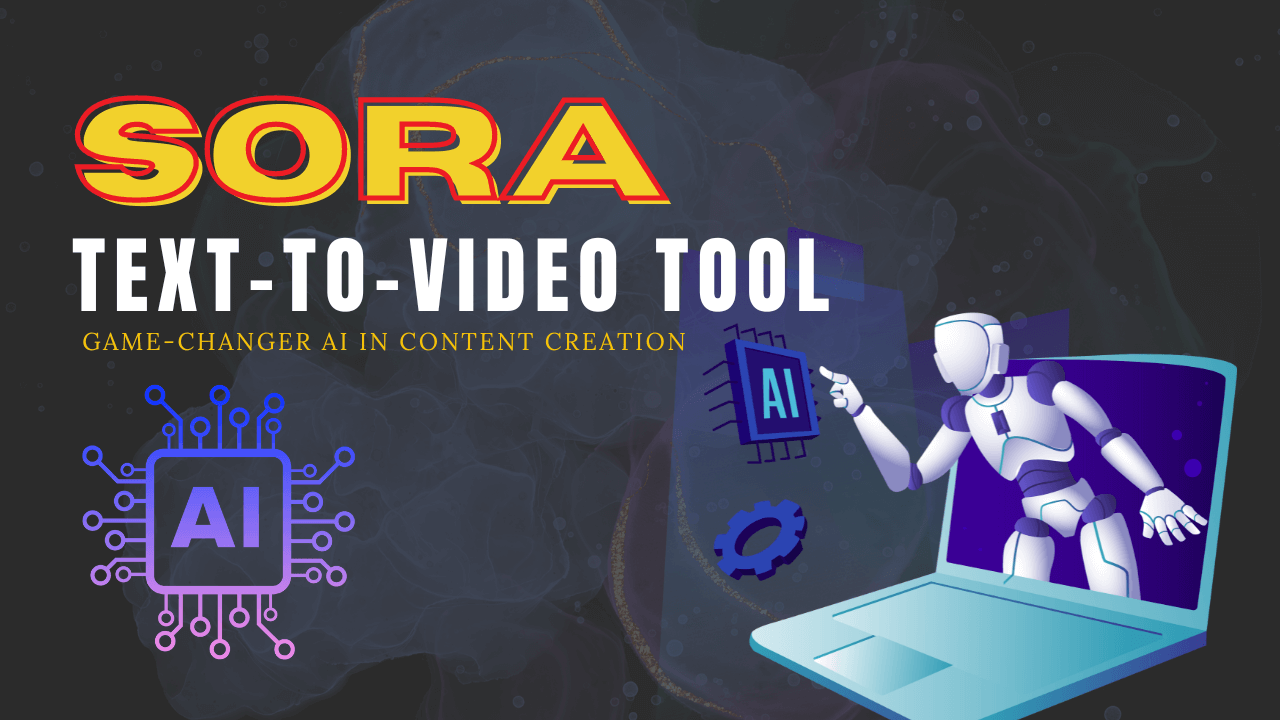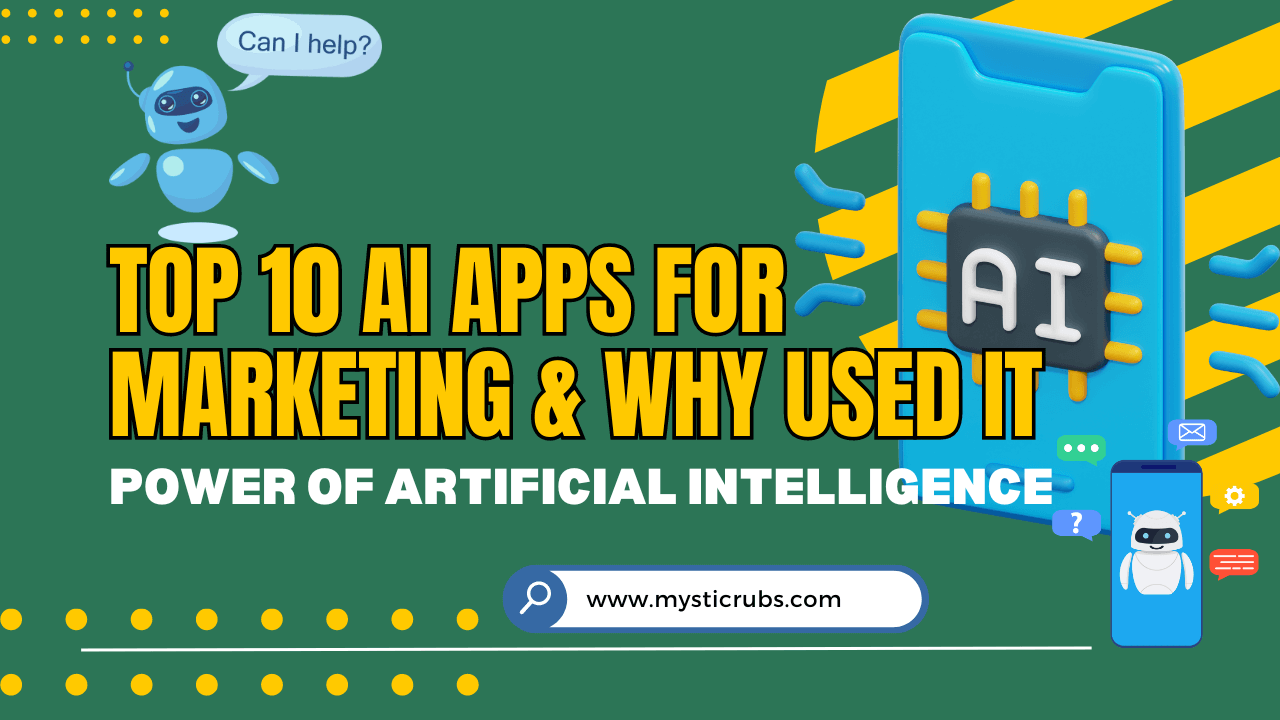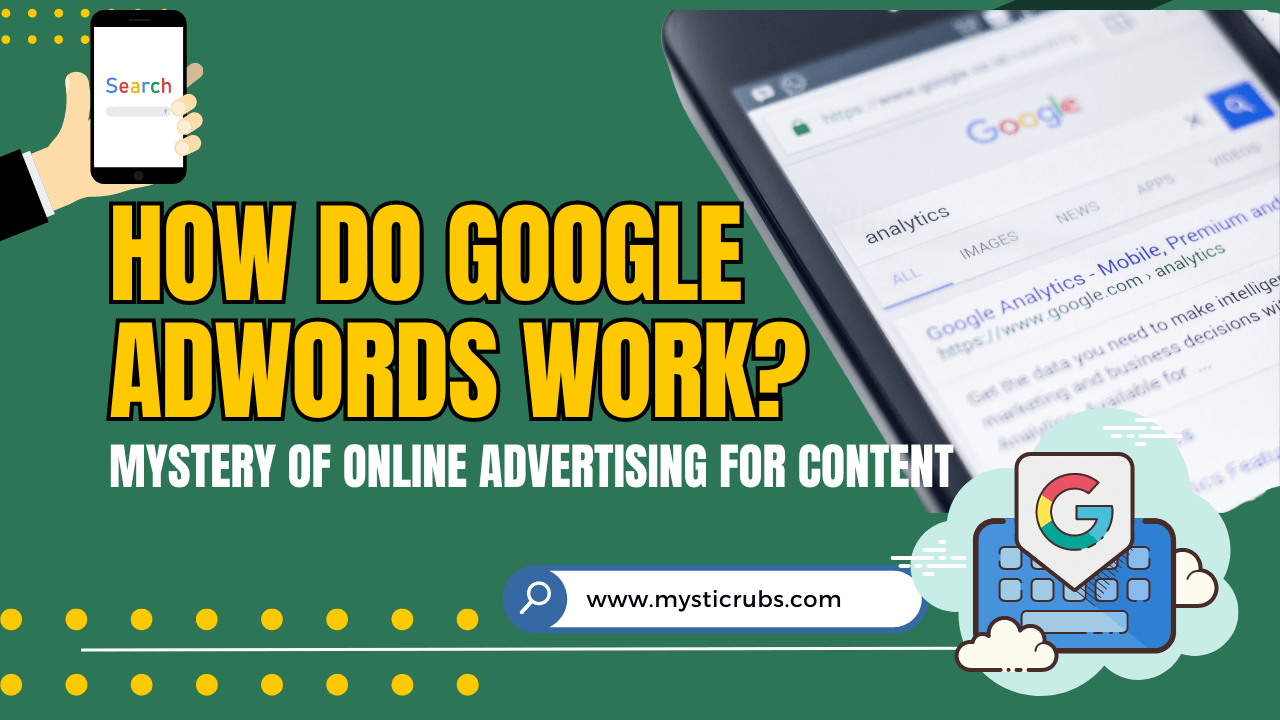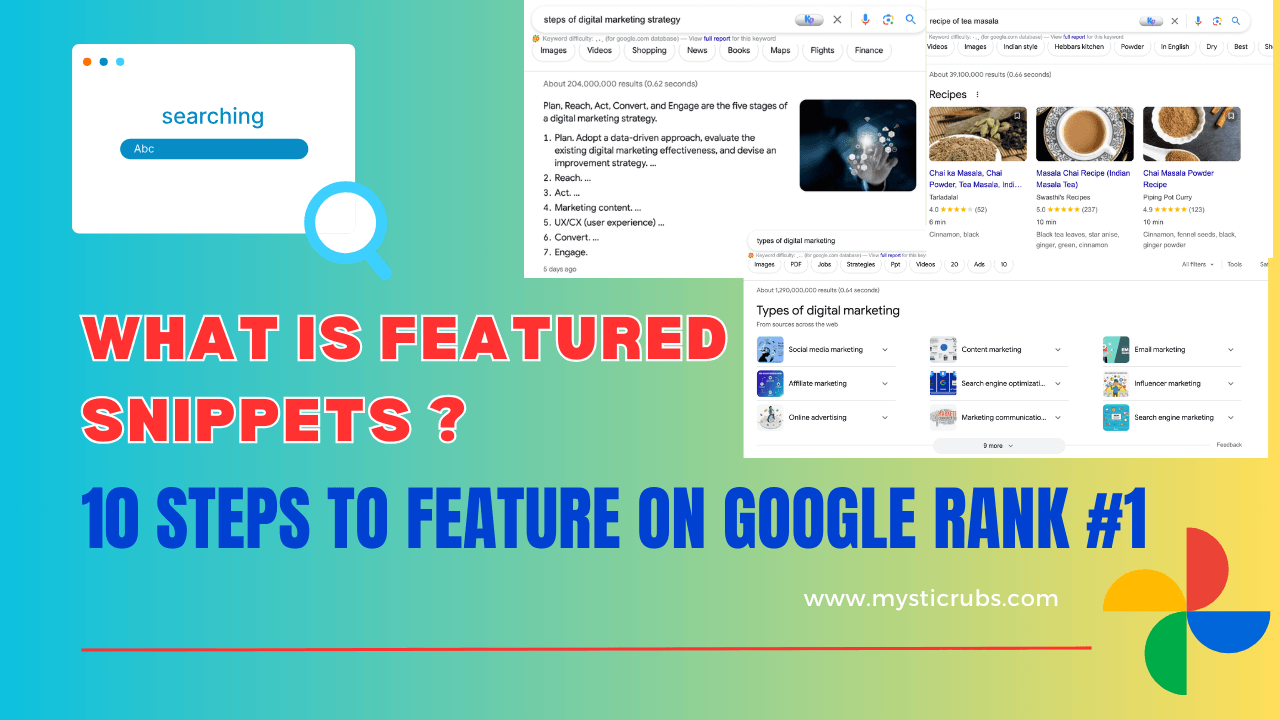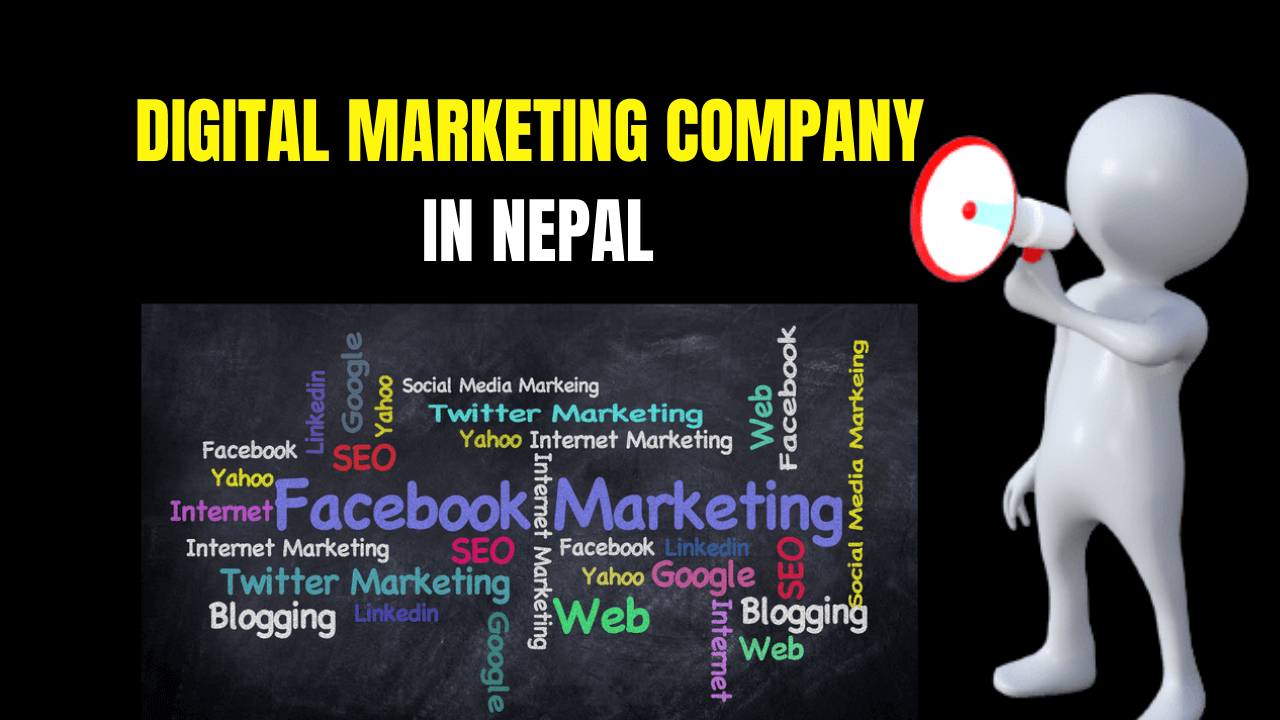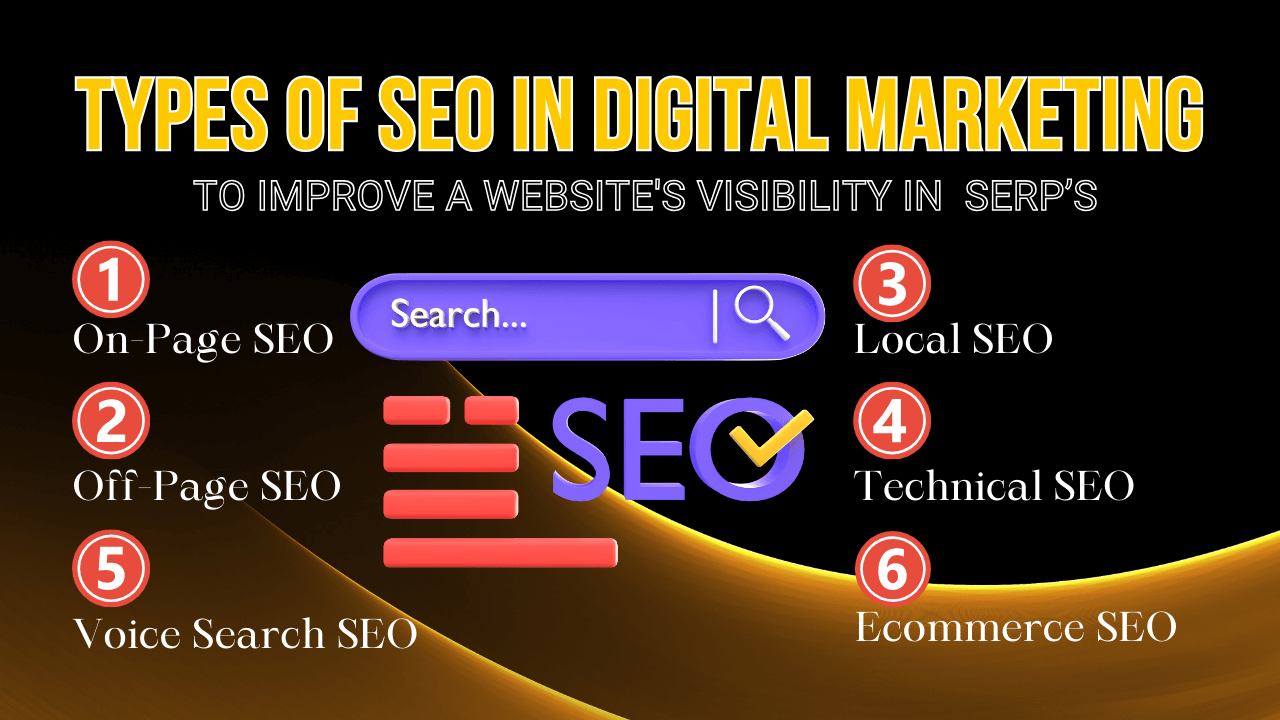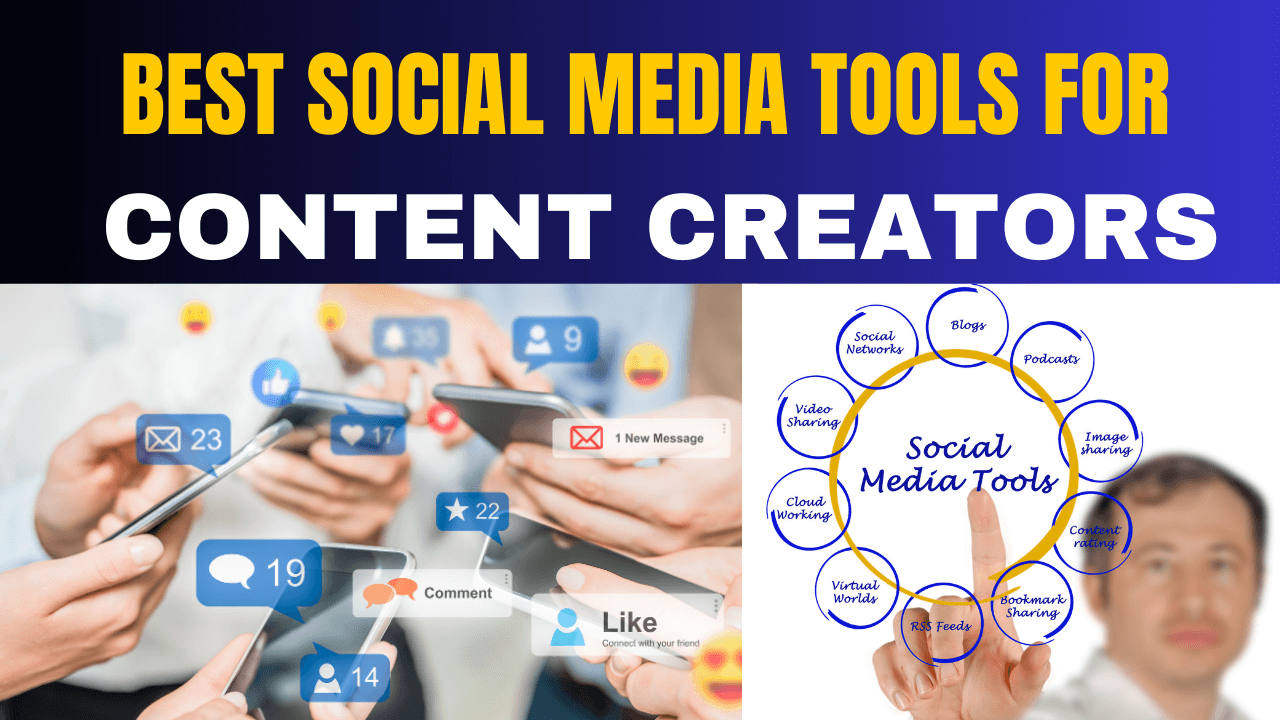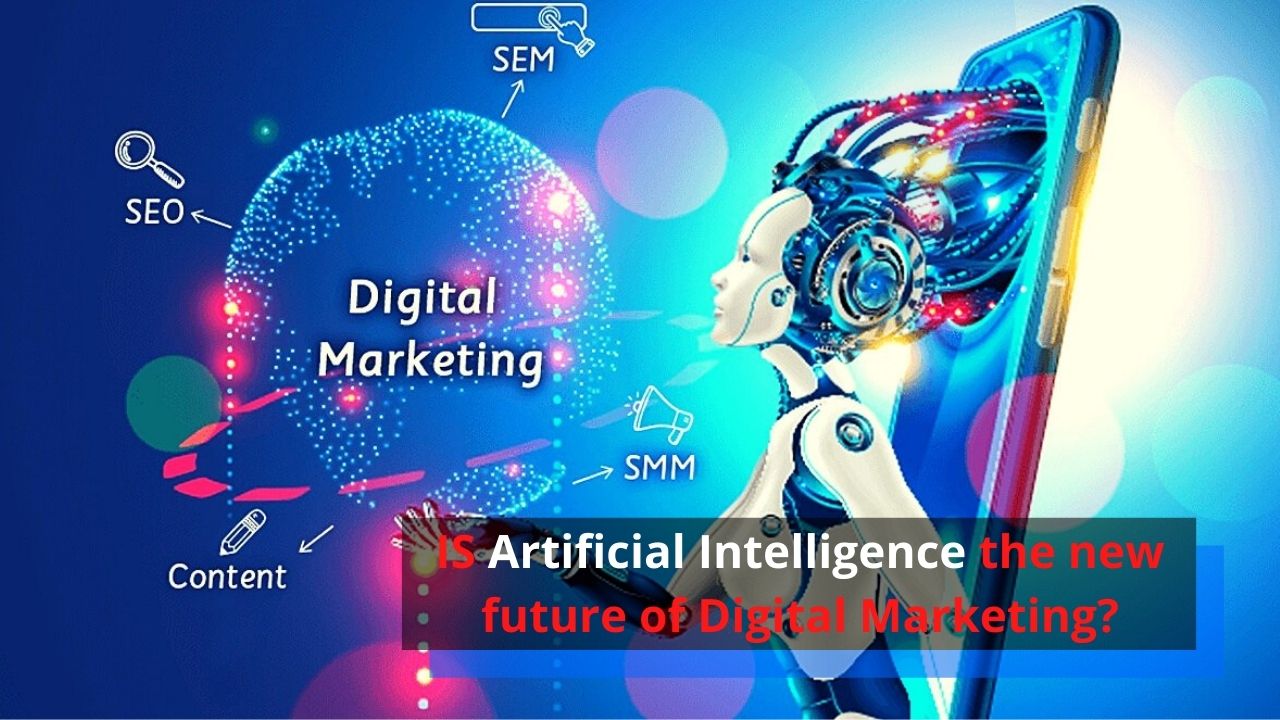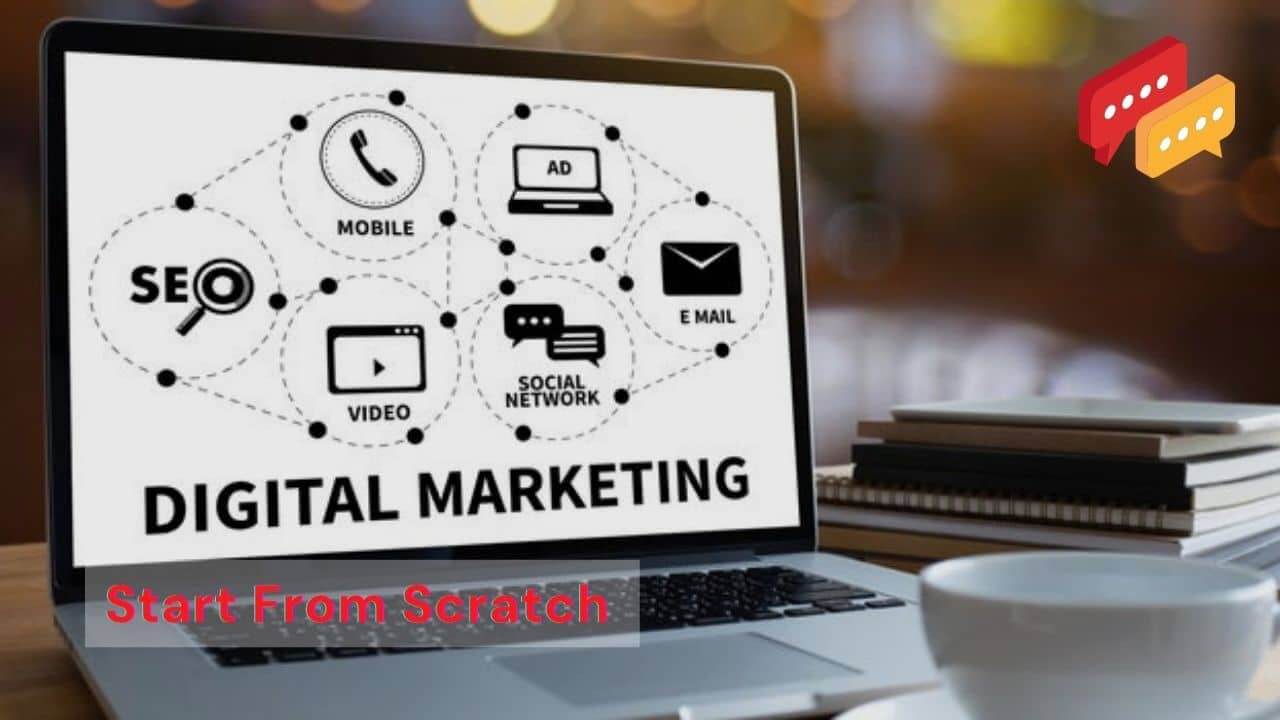Conquer Every Corner with 360 Digital Marketing Services
1 month agoHow to use Intelligence Artificial Intelligence in Digital Marketing 2024?
7 months ago -
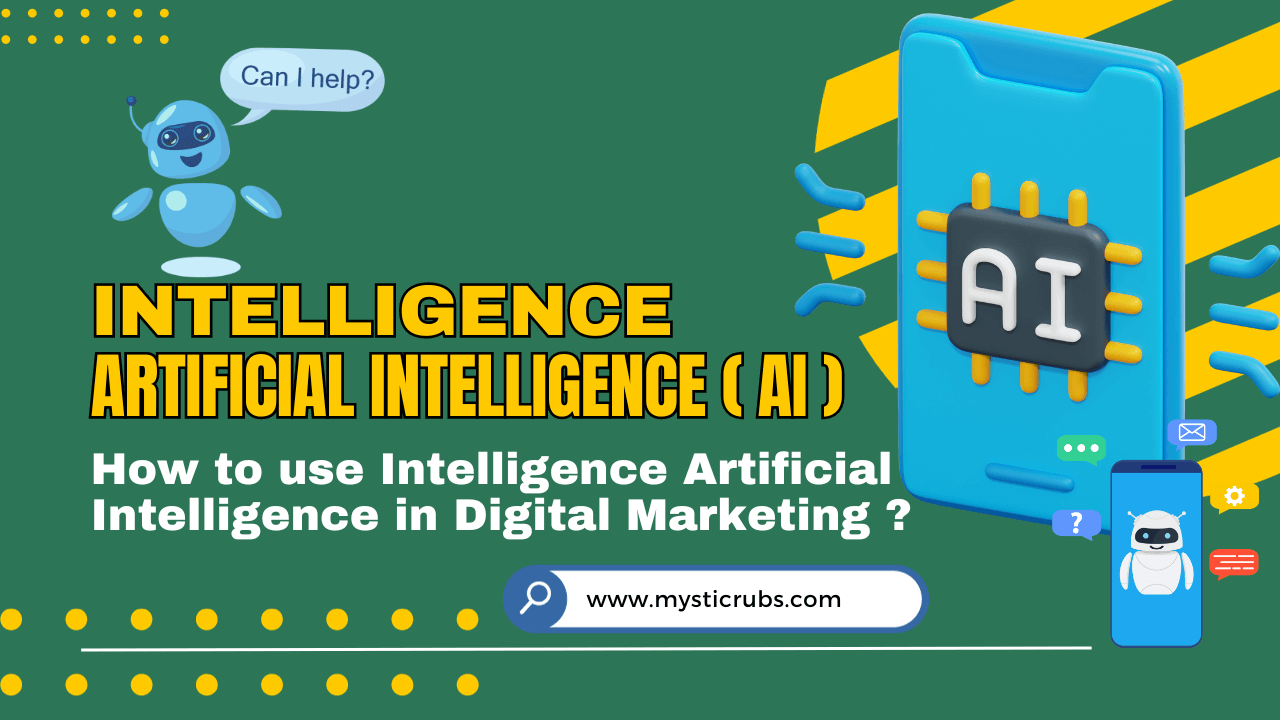
In the ever-evolving landscape of digital marketing, Intelligence Artificial Intelligence (AI) is emerging as a powerful tool to enhance marketing strategies and drive results. If you’re new to the world of AI in digital marketing, here are some practical tips to help you get started.
1. Understand the Basics of AI in Marketing
Before diving in, it’s essential to have a foundational understanding of how AI functions in the realm of marketing. Familiarize yourself with terms like machine learning, natural language processing, and predictive analytics. Knowing the basics will provide a clearer perspective on how AI can benefit your digital marketing efforts.
AI, or Artificial Intelligence, refers to the use of computer systems to perform tasks that typically require human intelligence. In marketing, AI is employed to analyze data, make predictions, and automate various processes.
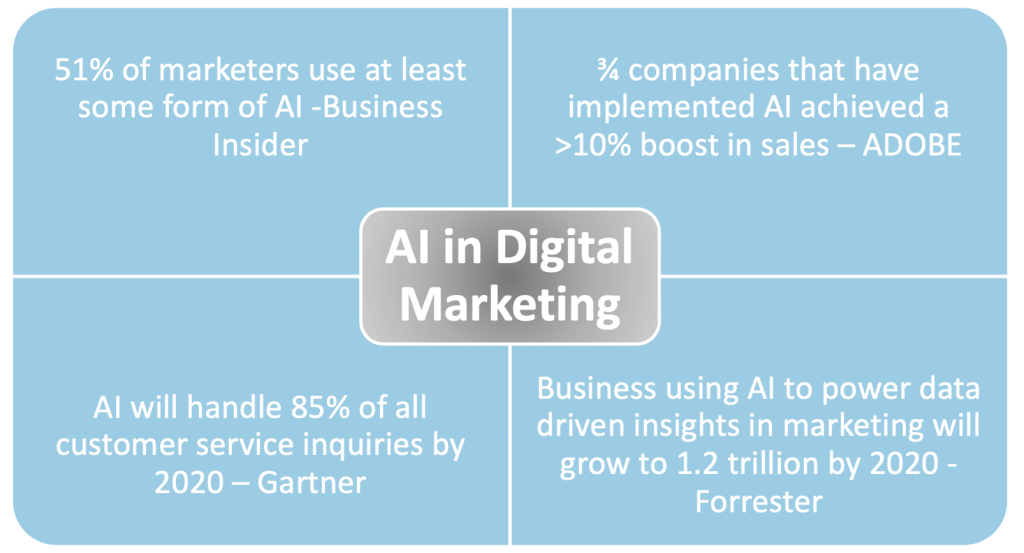
2. Identify Your Marketing Objectives
Define your marketing objectives clearly. Whether it’s improving customer engagement, increasing conversion rates, or optimizing advertising ROI, understanding your goals will guide the selection and implementation of Intelligence ArtificiaI Intelligence tools that align with your specific needs. Here’s a guide on how to identify your marketing objectives:
- Understand Your Overall Business Goals:
- Start by aligning your marketing objectives with the broader goals of your business. Whether it’s increasing revenue, expanding market share, or launching a new product, your marketing objectives should directly contribute to the achievement of these overarching goals.
- Conduct a SWOT Analysis:
- Perform a SWOT analysis (Strengths, Weaknesses, Opportunities, Threats) to identify internal and external factors that may impact your business. This analysis helps in understanding your current position in the market and informs the marketing objectives needed to address gaps or capitalize on opportunities.
- Define Your Target Audience:
- Clearly define your target audience. Understanding your ideal customers’ demographics, behaviors, and preferences allows you to tailor marketing objectives that resonate with and engage your audience effectively.
- Set Specific, Measurable, Achievable, Relevant, and Time-Bound (SMART) Goals:
- Ensure that your marketing objectives adhere to the SMART criteria. This means they should be Specific, Measurable, Achievable, Relevant, and Time-Bound. For example, setting a goal like “Increase online sales by 20% within the next quarter” is more effective than a vague objective.
- Prioritize Key Areas of Focus:
- Identify the key areas of focus for your marketing efforts. This could include brand awareness, lead generation, customer retention, or market expansion. Prioritize these areas based on your business priorities and market conditions.
- Consider the Marketing Funnel:
- Align your marketing objectives with different stages of the marketing funnel. Whether it’s creating awareness, generating interest, driving consideration, or fostering loyalty, each stage requires specific objectives to guide your efforts.
- Review Past Performance:
- Analyze past marketing campaigns and their impact on your business. Identify what worked well and what didn’t. Learning from past performance helps in setting realistic and informed marketing objectives for future campaigns.
- Benchmark Against Competitors:
- Research and benchmark your performance against competitors. Understanding how you compare to others in your industry can highlight areas where improvement or differentiation is needed, shaping your marketing objectives accordingly.
- Account for Industry Trends and Changes:
- Stay informed about industry trends and changes. External factors such as technological advancements, regulatory shifts, or changes in consumer behavior can influence your marketing objectives. Being adaptable to these changes ensures relevance in the market.
- Align Marketing Objectives with Sales Goals:
- Collaborate with your sales team to align marketing objectives with sales goals. Ensure that marketing efforts contribute directly to lead generation, conversions, and overall revenue targets.
- Incorporate Customer Feedback:
- Seek feedback from your existing customers. Understanding their needs, preferences, and pain points can help in shaping marketing objectives that address customer satisfaction, retention, and loyalty.
- Evaluate Marketing Channels:
- Assess the performance of different marketing channels. Whether it’s social media, email marketing, content creation, or traditional advertising, allocate objectives based on the channels that have proven to be most effective for your business.
- Balance Short-Term and Long-Term Objectives:
- Strike a balance between short-term and long-term marketing objectives. While immediate goals may focus on quick wins, long-term objectives should contribute to sustainable growth and brand building.
- Ensure Cross-Functional Alignment:
- Collaborate with other departments, such as finance, operations, and product development, to ensure cross-functional alignment. Marketing objectives should complement and support the overall business strategy.
- Regularly Review and Adjust:
- Marketing objectives should not be set in stone. Regularly review and adjust them based on changing market dynamics, feedback, and the performance of ongoing campaigns. Flexibility is key to maintaining relevance and effectiveness.
By following these steps, you can systematically identify marketing objectives that align with your business goals, resonate with your target audience, and set the stage for successful marketing campaigns.
3. Start Small and Scale Gradually
AI implementation doesn’t have to be an all-or-nothing endeavor. Begin by incorporating AI into one aspect of your digital marketing strategy, such as email marketing or content optimization. As you gain experience and observe the impact, you can gradually scale up your AI initiatives.
Here’s a guide on how to start small and scale gradually in the context of AI implementation:
- Define Clear Objectives:
- Clearly define your initial objectives for integrating AI. Focus on specific areas such as automating email campaigns, improving data analysis, or enhancing customer segmentation. Having clear objectives will guide your initial efforts.
- Select a Limited Scope:
- Choose a limited scope for your initial Intelligence ArtificiaI Intelligence implementation. Instead of attempting to automate every aspect of your marketing, start with a specific task or process. This could be implementing a chatbot for customer service or using AI for content optimization.
- Pilot Test with a Small Audience:
- Conduct a pilot test with a small audience or a segment of your target market. This allows you to gather valuable feedback, identify potential challenges, and refine your AI implementation before a full-scale rollout.
- Investigate AI Tools and Platforms:
- Explore and select AI tools or platforms that cater to your limited scope and objectives. Look for solutions that are user-friendly, scalable, and compatible with your existing systems. Many AI tools offer free trials or basic packages suitable for small-scale implementation.
- Allocate a Small Budget:
- Allocate a small budget for your initial AI initiatives. This could involve investing in entry-level AI tools or dedicating resources for training and development. Starting with a modest budget allows for testing without significant financial risk.
- Train a Subset of Your Team:
- Provide training to a subset of your marketing team that will be directly involved in the AI implementation. This focused training ensures that the team has the necessary skills and knowledge to work with AI tools effectively.
- Monitor Key Performance Indicators (KPIs):
- Establish key performance indicators (KPIs) related to your initial objectives. Monitor these KPIs closely during the small-scale implementation to assess the impact of AI on your marketing efforts. This data will inform your scaling decisions.
- Gather User Feedback:
- Actively seek feedback from users, both internal team members and external customers. Understanding their experiences and perceptions will uncover insights that can guide improvements and adjustments as you scale.
- Document Processes and Learnings:
- Document the processes involved in your small-scale AI implementation and capture key learnings. This documentation serves as a valuable resource when scaling, ensuring a smoother transition and preventing the repetition of mistakes.
- Iterate Based on Insights:
- Based on insights gathered from the small-scale implementation, iterate on your AI strategy. Make adjustments to processes, refine objectives, and incorporate lessons learned. This iterative approach is fundamental to successful scaling.
- Gradual Expansion to Additional Use Cases:
- Once the initial Intelligence ArtificiaI Intelligence implementation proves successful, gradually expand to additional use cases or marketing processes. This could involve introducing AI into other areas such as predictive analytics, personalized content creation, or advanced customer segmentation.
- Scale According to Resources and Success Metrics:
- Scale your AI initiatives according to available resources and predefined success metrics. This could involve increasing the budget, expanding the team’s training, or introducing more sophisticated AI tools as your organization becomes more comfortable with the technology.
- Cross-Functional Collaboration:
- Foster collaboration between marketing and other departments. Share insights and collaborate on cross-functional AI initiatives. This ensures that the benefits of AI integration extend beyond marketing to the broader organization.
- Document Return on Investment (ROI):
- Document and measure the return on investment (ROI) as you scale. This data is crucial for demonstrating the impact of AI on marketing performance and justifying further investment in AI initiatives.
- Celebrate Small Wins:
- Celebrate and acknowledge small wins along the way. Recognizing achievements, even at a small scale, boosts morale, fosters a positive culture around AI adoption, and motivates the team for continued success.
By starting small and scaling gradually, you mitigate risks, learn valuable lessons, and build a solid foundation for the integration of AI into your marketing strategy. This approach ensures a more strategic, sustainable, and successful implementation over time.
4. Using AI Tools and Platforms
Explore the plethora of AI tools and platforms available for digital marketers. From chatbots for customer interactions to AI-driven content creation tools, there’s a wide range of solutions designed to streamline processes and enhance marketing efficiency.
Here are some AI tools and platforms specifically tailored for digital marketing:
1. Albert AI:
- Autonomous digital marketing platform.
- Uses AI to optimize and execute digital marketing campaigns across channels.
- Analyzes real-time data to make decisions and adjustments for better performance.
2. Oribi:
- AI-driven analytics tool for website optimization.
- Provides insights into user behavior, conversions, and marketing attribution.
- Enables data-driven decision-making for digital marketing strategies.
3. ChatGPT (Chat Generative Pre-trained Transformer):
- AI-powered chatbot technology.
- Enhances customer engagement through natural language interactions.
- Can be integrated into websites, social media, and messaging platforms.
4. Acquisio:
- AI-powered platform for managing and optimizing digital advertising campaigns.
- Utilizes machine learning for bid and budget management.
- Provides insights to improve ad performance across various channels.
5. Cognigy:
- Conversational AI platform for building chatbots and virtual assistants.
- Enhances customer interactions through natural language understanding.
- Supports integration with various messaging and communication channels.
6. Optimizely:
- AI-powered experimentation platform for A/B testing.
- Helps optimize website content, user experiences, and conversion rates.
- Provides insights into customer behavior and preferences.
7. Peltarion:
- Intelligence Artificial Intelligence (AI) platform for building and deploying machine learning models.
- Suitable for marketing applications such as predictive analytics and customer segmentation.
- Streamlines the process of incorporating AI into digital marketing workflows.
8. BrightEdge:
- AI-powered SEO platform for optimizing digital content.
- Provides insights into keyword performance, content relevance, and competitor analysis.
- Aids in developing effective content and SEO strategies.
9. Adext AI:
- AI-driven digital advertising optimization platform.
- Automates ad campaign management across multiple channels.
- Uses machine learning to target the most effective audience segments.
10. MonkeyLearn:
- Text analysis and natural language processing platform.
- Helps analyze customer feedback, social media sentiment, and content performance.
- Integrates with various digital marketing tools for enhanced insights.
These AI tools and platforms are designed to empower digital marketers with advanced capabilities, from optimizing ad performance to improving customer engagement and refining content strategies. Choosing the right tools depends on specific marketing goals and the nature of the digital campaigns.
5. Embrace Predictive Analytics
Predictive analytics is a powerful application of AI in digital marketing. By analyzing historical data, AI can predict future trends, customer behavior, and campaign outcomes. Embracing predictive analytics allows you to make data-driven decisions and stay ahead of the curve.
6. Stay Informed About Industry Trends
The field of intelligence artificial intelligence (AI) in digital marketing is dynamic, with continuous advancements. Stay informed about the latest industry trends, emerging technologies, and successful case studies. Join relevant communities, attend webinars, and read industry publications to stay ahead of the curve.
7. Combine AI with Human Creativity
While AI brings automation and efficiency, human creativity remains irreplaceable. Combine the analytical power of AI with human intuition and creativity to develop compelling and resonant marketing campaigns.
8. Test and Analyze Results
Experimentation is key when integrating intelligence artificial intelligence (AI) into your digital marketing strategy. Test different AI tools, approaches, and messaging to understand what resonates best with your audience. Regularly analyze results to fine-tune your strategies for optimal performance.
9. Consider Customer Privacy and Ethics
As you implement AI, prioritize customer privacy and ethical considerations. Be transparent about the use of AI in your marketing efforts, and ensure that your strategies align with ethical guidelines. Building trust with your audience is paramount.
10. Seek Training and Skill Development
Invest in training and skill development for your marketing team. Understanding how to effectively use AI tools requires knowledge and expertise. Provide your team with the necessary training to maximize the benefits of AI in your digital marketing endeavors.
11. Collaborate with AI Experts
If you’re navigating the AI landscape for the first time, consider collaborating with AI experts or consultants. Their expertise can guide you in selecting the right tools, implementing strategies effectively, and overcoming any challenges that may arise.
12. Monitor and Adapt
The digital landscape evolves, and so should your AI strategies. Regularly monitor the performance of your AI-driven initiatives, gather feedback, and adapt your approach accordingly. Flexibility and adaptability are key to sustained success.
13. Measure ROI and Impact
Demonstrate the tangible impact of AI on your future of digital marketing efforts by measuring Return on Investment (ROI). Analyze key performance indicators and assess how AI has contributed to achieving your marketing objectives.
14. Network with Peers
Networking with other digital marketers who have implemented intelligence artificial intelligence (AI) can provide valuable insights and shared experiences. Join forums, attend conferences, and engage in conversations to expand your knowledge and stay connected with industry best practices.
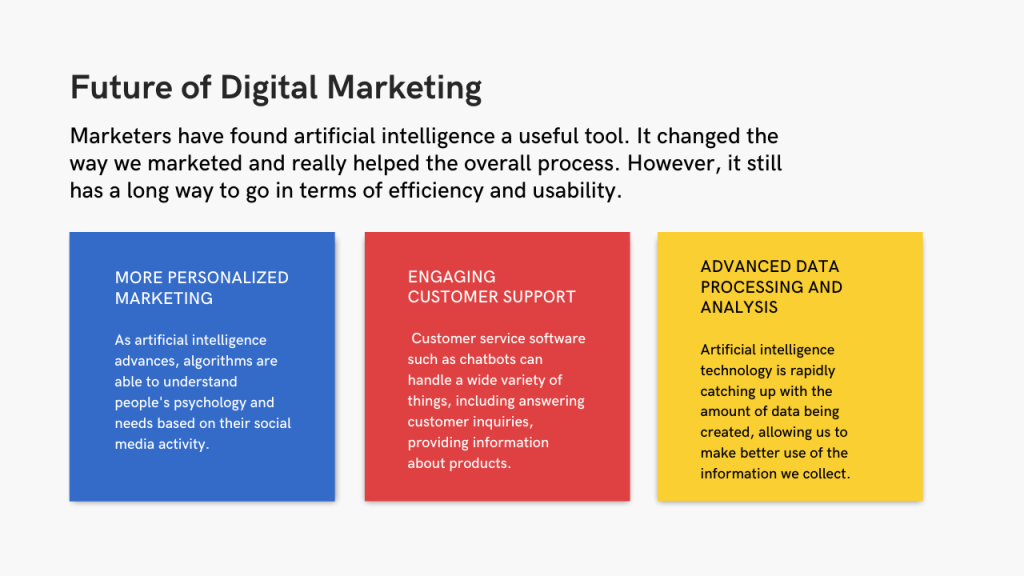
15. Stay Compliant with Regulations
Be aware of data protection regulations and ensure that your AI-driven marketing strategies comply with privacy laws. Prioritize the security of customer data and implement best practices to safeguard sensitive information.
Incorporating AI vs digital marketing strategy is an exciting journey that can significantly elevate your marketing outcomes. By following these practical tips, you’ll be well-equipped to navigate the world of intelligence artificial intelligence and leverage its transformative power for your business.
- AI is Product or Feature ? Comparison of AI as Product vs Feature
- Conquer Every Corner with 360 Digital Marketing Services
- Social Media Marketing Strategy for Small Business Success
- Top 12 AI Tools for Video Creation You Won’t Regret !


